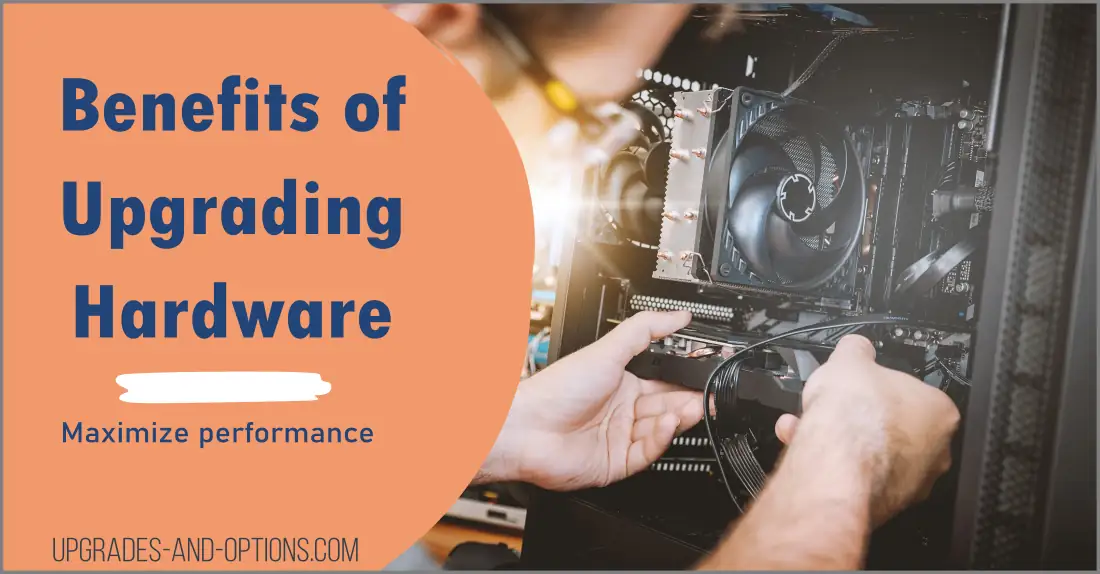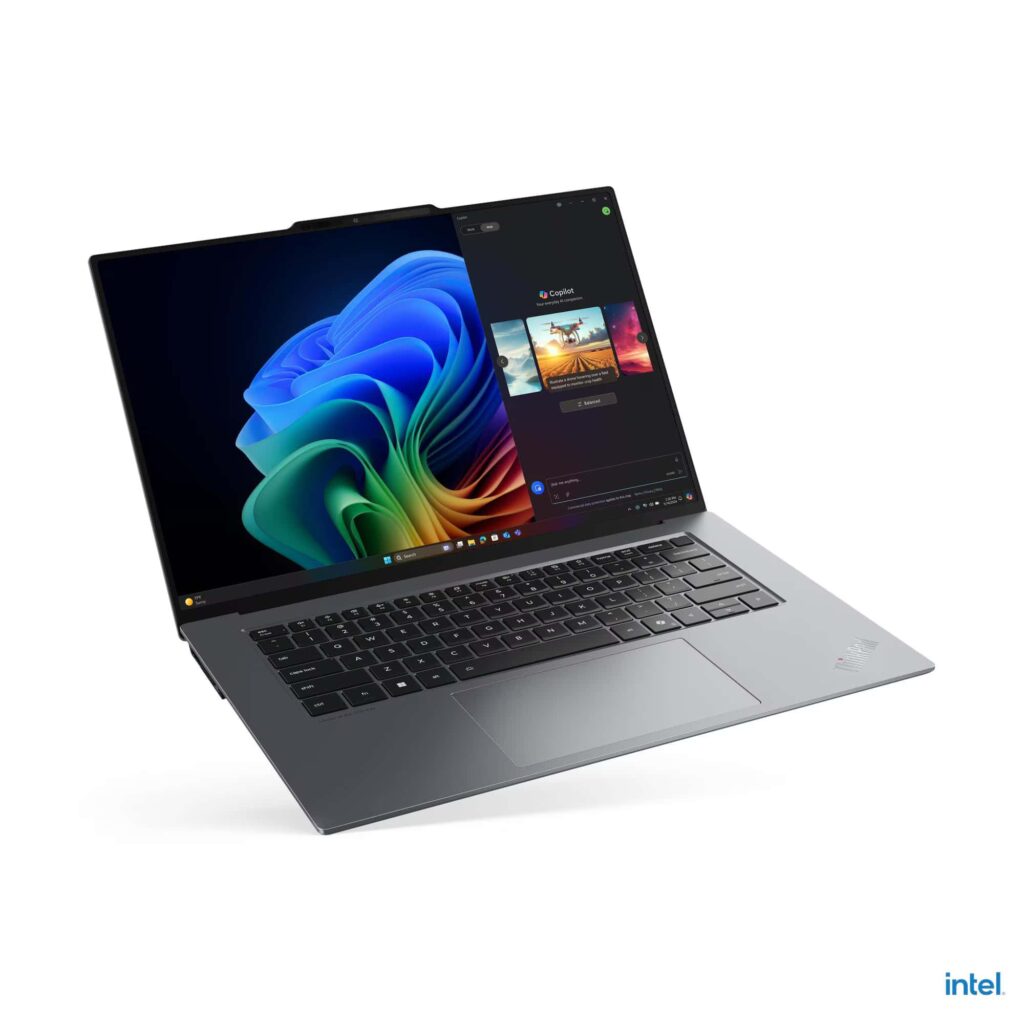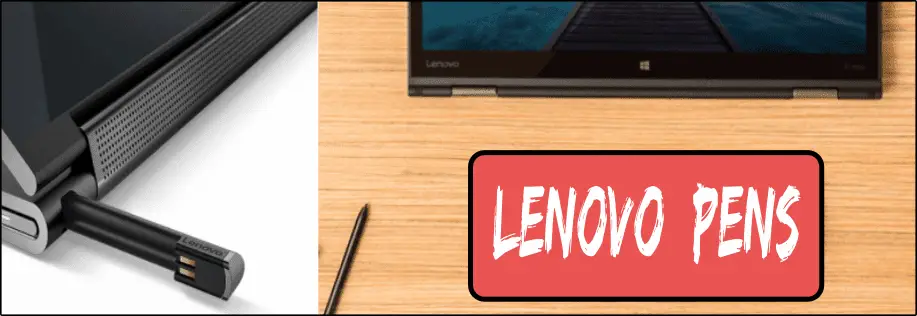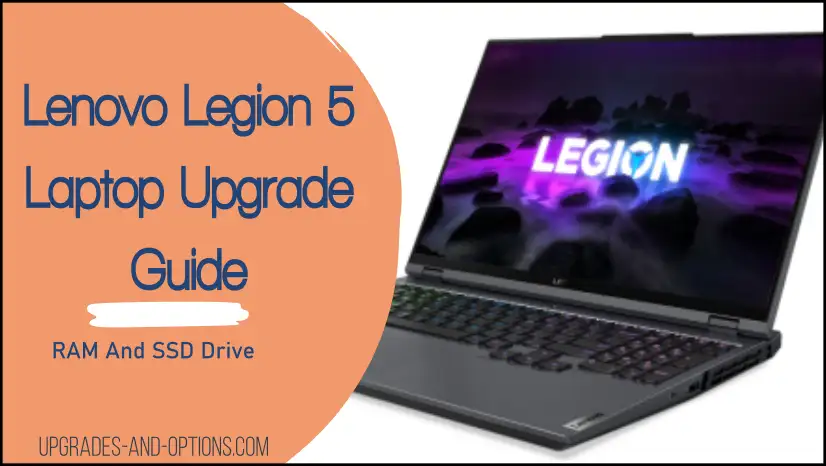Investing in upgraded computer hardware can be a great decision for users who want to maximize their performance and get the most out of their devices.
- Having the right hardware can make all the difference in how your computer handles tasks and how long it will last.
- According to a study by Statista, 93% of computer owners in 2020 upgraded their hardware at least once within a five-year period. The same study found that the average cost of upgrading a laptop was $500 while the average cost of upgrading a desktop was $750.
- Additionally, research from PC Magazine showed that 97% of consumers prefer to purchase higher quality components for their system as they last longer and are often more reliable.
In this article, we’ll explore some of the benefits of investing in upgraded computer hardware so you can make an informed decision about how much to invest.
The Benefits of Investing in Upgraded Computer Hardware
Whether you use a laptop, desktop, or any other type of device, proper upgrades can improve speed, reduce latency issues, and ultimately extend the life of your machine.
When selecting which upgrades are best for your needs, it’s important to consider both the short-term and long-term benefits.
For example, if you buy a new processor with higher levels of processing power, then this could be beneficial for you immediately – but only if the applications that you are running are capable of exploiting this added power.
By contrast, it may be more beneficial to invest in RAM or a solid-state drive (SSD) so that you can take advantage of faster data transfer rates over time.
Improved Performance
One obvious benefit of investing in better computer hardware is its overall improved performance. If you’re using an older model or a system that has been built over time with components meant for another era, then you might experience slowdowns that can be remedied by upgrading your hardware.
Investing in better quality components – such as more RAM or a faster processor – can result in substantial improvements to the speed and overall functioning of your computer no matter what type of tasks you’re performing.
Improved Stability and Reliability
Another key benefit of investing in upgraded computer hardware is longer-term stability and reliability.
Better quality components have been designed to handle higher levels of load on them – which means they are less likely to fail at the first sign of trouble.
This means that if something does happen to go wrong with one component or another, it is much less likely that it will result in failure than if it were an inferior component from an unknown manufacturer that had not been tested for these types of conditions.
Additionally, getting better quality components also ensures that your machine will be compatible with software upgrades as well, meaning fewer headaches when trying to upgrade from one version to another down the line.
Energy Savings
In addition to improved application performance and increased system stability, upgraded hardware can also bring significant energy savings to your computing setup.
For instance, newer CPUs generally feature better power management options than older models – this means reduced electricity requirements or battery draw which translates into cost savings over time.
See this related article: Strategies for Extending the Battery Life of Your Devices for some tips about battery life.
More Cost Effective
Finally, Investing in higher-quality components can be more expensive up front, but the long-term savings they provide may result in being very cost-effective.
Not only will higher-quality computer hardware last longer, but it also tends to be more reliable and require less maintenance than lower-end versions. This could translate into time saved, which can then be devoted to other tasks or projects that are more important for business productivity.
Furthermore, superior performance from upgraded computer hardware is an added benefit that could ultimately lead to cost savings through increased efficiency.
Making the Right Decision When Investing in Upgraded Computer Hardware
Clearly, investing in upgraded computer hardware comes with multiple benefits; now let’s look at what kind of decisions should be made when you make such investments.
What Do You Need?
Firstly, consider whether or not there’s something specific you need the new components for – this could include gaming upgrades or specific design software requirements – so you don’t end up buying items unnecessarily expensive when cheaper ones would suffice just as well otherwise.
For instance, if the purpose is high-end gaming, different types of hardware would be necessary compared to if the goal was simply basic office functions.
Choose the best laptop for your needs by using my step-by-step laptop buying guide.
Warranty Length
Also, pay attention to warranty policies. If possible, try and get items with longer periods of coverage (sometimes two years).
The idea here is that if something goes wrong then having a longer warranty period gives you peace of mind without needing to buy replacement parts unnecessarily – which could potentially cost more than expected due to rising manufacturing costs over time.
Finally, factor brand trustworthiness into your decision: some brands are known for quality products whereas others might have lesser reputations so research before committing any money would be wise.
Are you searching for the best Lenovo laptops available? If so, you’re in luck. Lenovo has some of the best laptops on the market. I created this guide to the best Lenovo laptops that includes the top-of-the-line Thinkpad, the Legion 16″ gaming beast, as well as others.
Compatibility
It’s also wise to research compatibility between existing and new hardware to ensure everything works correctly without any issues.
When considering new hardware, it’s essential to research how it will work with existing components and software. Compatibility between systems is key in ensuring everything functions correctly and that there are no potential problems down the road.
Some pieces of hardware may only be compatible with certain versions of operating systems, so this should be looked into as well. It’s also important to review any documentation for the hardware before purchasing it to ensure compatibility with all necessary programs and applications.
Ultimately, taking the time to thoroughly research compatibility can save headaches and wasted money in the long run.
Operating System
It’s important to consider the operating system when considering new hardware, as some pieces of equipment may only be compatible with certain versions.
Before purchasing any new hardware, this should always be researched in order to avoid compatibility issues.
Compatibility between systems is key in ensuring everything functions correctly and that there are no potential problems down the road.
Additionally, it’s also important to review any documentation for the hardware before going through with the purchase. Taking these steps can help ensure that the hardware is an appropriate fit for a given system and will provide optimal performance without any surprises.
Whole New System?
Finally, consider the cost-effectiveness of upgrading compared to buying an entirely new system as this could potentially save money in the long run.
Upgrading existing hardware can often be more cost effective than buying an entirely new system. If individual components are starting to fail or become outdated, it may make more financial sense to replace them rather than buy an entirely new system that could have other components that are still functioning properly.
Additionally, some newer models may not offer a significant enough upgrade to warrant the extra cost when compared to simply upgrading existing hardware.
Conclusion
In conclusion, upgrading your computer’s hardware should be considered an investment rather than an expense – not only do improved components boost performance but they offer longer lifespans due to increased durability too, as compared to lower-end models.
Before making any purchase decisions, however, make sure there’s something specific that requires such upgrades; pay attention to warranty policies, and factor brand reputation into consideration as well for peace of mind before committing funds towards those upgrades.

J.S. is the owner, content creator, and editor at Upgrades-and-Options.com. I’ve worked in the IT and Computer Support field for over 20 years. The server hardware in my computer labs has mostly been IBM, but I’ve supported Dell, HP, and various other hardware. In addition, as part of my lab administrator responsibilities, I’ve learned, supported, and repaired/upgraded network hardware such as Cisco routers and switches. READ FULL BIO >>
- Best Laptops for AI and Machine LearningDiscover the top 5 laptops for AI and Machine Learning. We review high-performance machines perfect for deep learning, data science, and neural networks. Artificial Intelligence (AI) and Machine Learning (ML) are no longer futuristic concepts—they are the tools shaping our daily lives right now. From developing complex neural networks to training large language models (LLMs) locally, the hardware… Read more: Best Laptops for AI and Machine Learning
- Upgrading SSD Storage in the ThinkPad X9-15 Gen 1 Aura EditionUpgrading SSD Storage and Analyzing Memory in the ThinkPad X9-15 Gen 1 Aura Edition Upgrade Your ThinkPad X9-15 SSD Like a Pro: A Technical Guide The ThinkPad X9-15 Gen 1 Aura Edition (Machine Types 21Q6 and 21Q7) is designed as a premium device. While memory is permanently fixed, users can easily expand storage capacity, as the M.2 Solid-State… Read more: Upgrading SSD Storage in the ThinkPad X9-15 Gen 1 Aura Edition
- How Quantum Computing Could Impact Everyday LaptopsQuantum computing may sound like science fiction, but its potential to revolutionize technology is very real. Unlike classical computing, which processes information using bits as 0s and 1s, quantum computing leverages the strange and exciting principles of quantum mechanics — like superposition and entanglement — to perform calculations at speeds previously thought impossible. This unprecedented power isn’t just… Read more: How Quantum Computing Could Impact Everyday Laptops
- What Is The Difference Between Lenovo’s Pens? (with Part Numbers)Do you ever find yourself writing with an old-school pen or even worse a pencil? As you pry your fingers off that last-century writing device, ask yourself if there isn’t a better way. Well ask no more, there is a whole world of digital pens out there just waiting for you to discover.I went through this same process… Read more: What Is The Difference Between Lenovo’s Pens? (with Part Numbers)
- Legion 5 Laptop Upgrade Guide: Game Like a ProThis article serves as your ultimate guide to upgrading your Lenovo Legion 5 laptop with RAM and SSD, unlocking its potential to deliver unbeatable gaming performance. With over two decades of expertise in the tech industry and countless successful upgrade projects under my belt, I’ve distilled all my knowledge into this comprehensive guide. You’ll learn, step by step,… Read more: Legion 5 Laptop Upgrade Guide: Game Like a Pro







